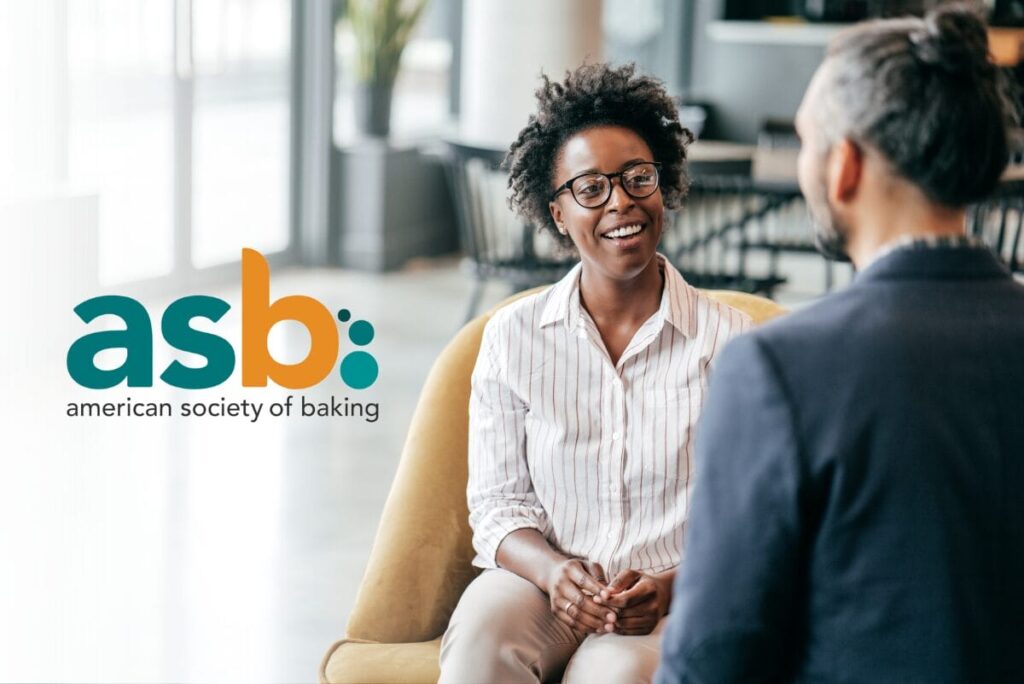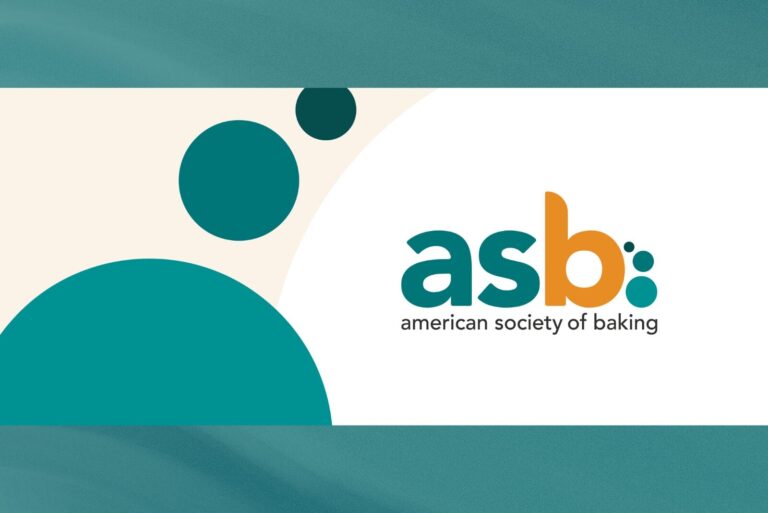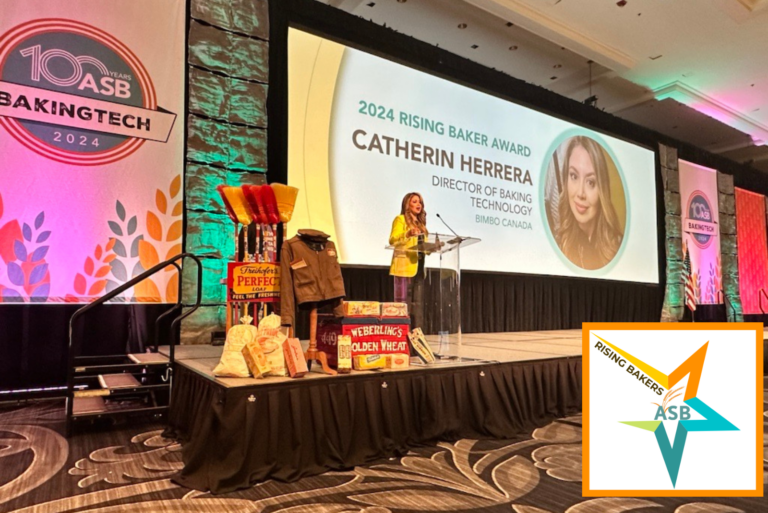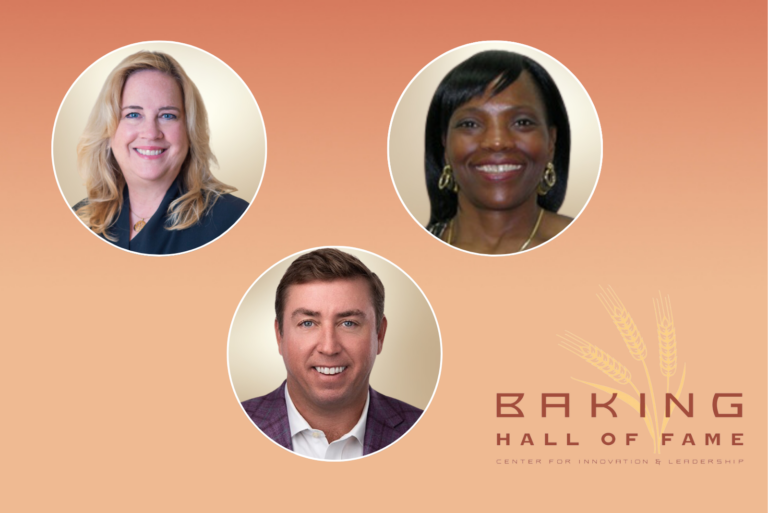WASHINGTON, DC — For commercial bakers seeking resources to further their professional growth and encouragement to reach their goals, the American Society of Baking (ASB)’s new mentorship program might be just what they’re looking for.
The program is designed to foster inclusion in the baking industry and promote professional development through structured mentoring relationships.
Conversations around the new mentoring program were open at NEXUS, powered by BEMA and the American Bakers Association, held Oct. 1-3 in Washington, DC.
During the education session, Growth Through Mentorship, Kristen Spriggs, executive director of ASB, and Amy Estrada, brand manager at Rademaker, discussed the importance of mentorship; why it matters; and the differences between mentoring, coaching training and development.
“The members have been talking about the need for this,” Spriggs said. “We see it as a membership and recruitment tool, but more than anything, as a workforce development tool. It’s our commitment to professional development, training resources, and helping people build a network within this community so they stay in the baking industry for their entire careers. This is why we are committed to this, and why we’ve invested in this, and want to see this as something that’s very successful.”










